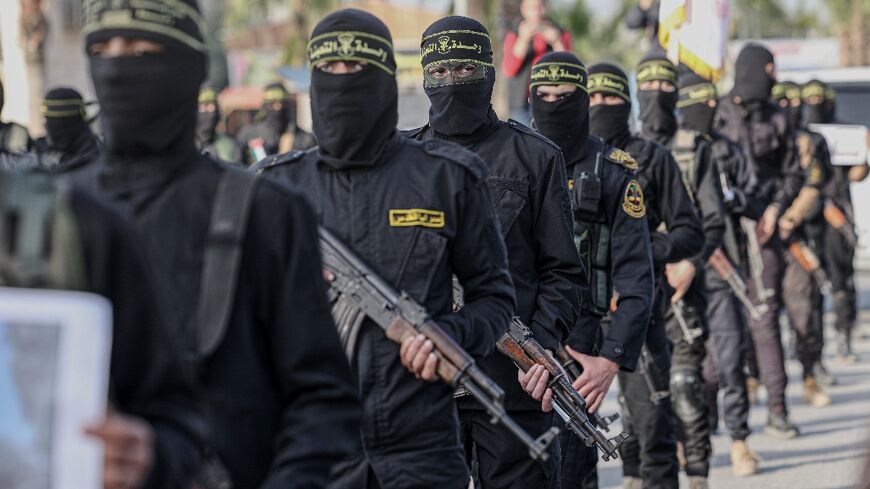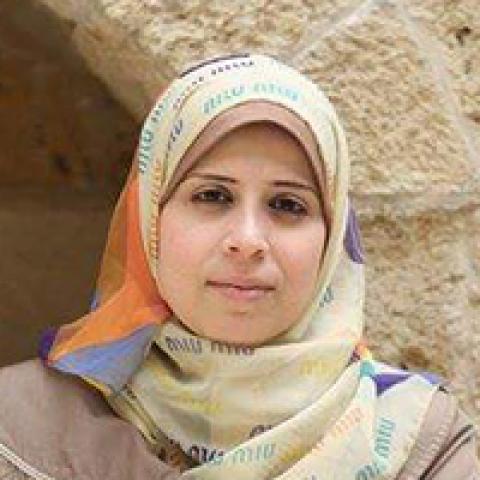What is the Palestinian group Islamic Jihad?

Palestinian Islamic Jihad, the militant group Israel says is the target of its latest Gaza bombardment, is an Iran-backed group founded in 1981 and committed to armed resistance against the Jewish state.
The group initially set up by students at the Islamic University of Gaza is seen as a sister organisation to Hamas, the Islamists who have controlled the Palestinian enclave since 2007.
Both were born out of the Muslim Brotherhood, an Islamist movement that was established in Egypt last century.
While primarily based in Gaza, Islamic Jihad also has a strong presence in the Israeli-occupied West Bank.
Israel insists the group's ties with Iran, the Jewish state's top foe, have deepened.
Prime Minister Yair Lapid noted that Islamic Jihad's leader, Ziad al-Nakhala, was in Iran when he authorised "pre-emptive" strikes against the group on Friday, citing the threat of attacks.
"The head of Islamic Jihad is in Tehran as we speak," Lapid said, just hours after Israeli jets killed Taysir al-Jabari, one of the group's key military leaders in Gaza.
Major General Hossein Salami, the head of Iran's Revolutionary Guards, told Nakhala on Saturday during a meeting in Tehran: "We are with you on this path until the end."
In 1992, Islamic Jihad's armed wing, known as the Al-Quds Brigade, was founded.
The group was led by enigmatic writer and doctor Fathi Shaqaqi until 1995, when he was assassinated in Malta by a hit squad sent by Israel's spy agency, Mossad.
Designated as a terrorist organisation by the United States and the European Union among others, Islamic Jihad claimed responsibility for many suicide bombings targeting Israelis, notably through the second Palestinian intifada, or uprising, from 2000 to 2005.
One of the group's most prominent attacks was in 1989 on a bus travelling between Tel Aviv and Jerusalem that killed 16 people.
Many of the group's senior leaders have been based in Damascus, Syria.
They reject any negotiations with Israel and staunchly opposed the Oslo peace accords.
While the group regularly operates in coordination with Hamas, notably during an 11-day conflict with Israel last May, the ongoing conflict further highlights its independence.
Hamas has not fired rockets at Israel since the flare up began on Friday.
In 2019, Hamas sat out of fighting between Israel and Islamic Jihad that was triggered by Israel's assassination of Baha Abu al-Ata, Jabari's predecessor.







